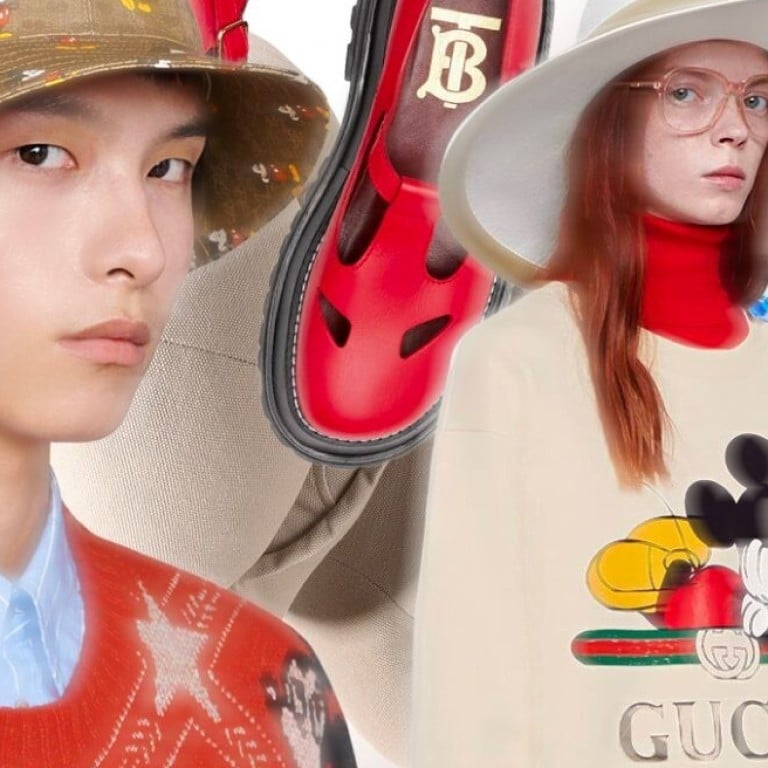Opinion / The post Covid-19 luxury decade: 21 projections for 2021 and beyond – how Apple, Nike and Louis Vuitton will change to keep up with Gen Z and Chinese consumers

Apple will shift its priorities as iPhone sales slump, LVMH’s Bernard Arnault will beat Amazon’s Jeff Bezos as world’s richest and Cartier will use lab-grown diamonds, HSBC’s Erwan Rambourg explains
Following the Covid-19 crisis, the next decade of luxury growth is likely to be impressive. However, brands will not be able to rely on the recipes of the past. Young people, women and Chinese consumers will fuel the luxury sector, ensuring brands can still thrive – but current distribution models will change entirely.
What’s more, societal change and a shift from products to purpose will transform the luxury industry as we know it.
Here are 21 predictions for the luxury industry in 2021 and beyond.

1. Because luxury sales are essentially driven by women’s purchases, the limited number of top female executives in the sector is fast becoming an embarrassment – or if it is not, it should be. Luxury has long been driven by a macho culture, but there is no scarcity of female talent in the industry. In the next 10 years, I predict that most board members and at least 25 per cent of brand CEOs will be female.
2. While credibility and sales of Chinese brands should increase dramatically in sub segments such as consumer staples or electronics, I project that in 10 years’ time, Western brands will still dominate in the traditional luxury segments such as high-end leather goods, watches and jewellery, as well as in sporting goods and cosmetics.
4. The Indian consumer, while still a marginal contributor to luxury sales overall, will become a key contributor to the sector’s growth, giving some hope as Chinese growth gradually slows between now and the late 2020s.
6. Bernard Arnault, chairman and CEO of LVMH, will consistently top the list of the richest individuals in the world ahead of Amazon’s Jeff Bezos, as was already the case briefly in late 2019. His group will hold 90 to 100 brands, up from 76 at the time of writing.